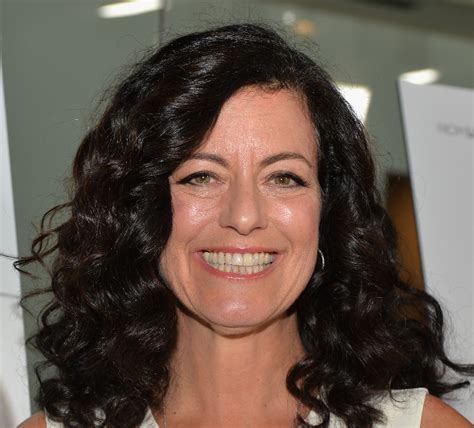A Quote by Nicole Krauss
What is literature, really? Boiled down to a single sentence, I'd say it's this: an endless conversation about what it means to be human. And to read literature is to engage in that conversation.
Related Quotes
In general, in America, every discourse in literature in 15 minutes degenerates into a conversation about ethics, morality and this and that. The Holocaust and the consequences of it. Well, I find it terribly boring, predictable and unimportant, because what matters about literature is esthetic achievement.
You can see the diversity that pieces in the anthology represent, and then the interconnections-obvious and less obvious-between various stories or between various modes of storytelling. Diversity generates need for conversation, conversation generates common interests, as well as differences. Literature, as a human project, is all about that.
The point about sales is relevant because it suggests there are cultures out there that are supporting and consuming, on a vast scale, challenging works of literature. Works of literature that in the United States would sell only a few thousand copies, if they managed to find a publisher at all. The success of these texts in Spain or Italy or wherever contributes to a kind of national conversation that we're perhaps not having here in the U.S.
One can say that the disaffection is still a lingering naiveté about, not the place of poetry in the world, but - how to say this - the moral and intellectual presence of poets in the world. And while this may seem an old conversation to many poets who roll their eyes and say, "Here we go again about the function of poetry," I think that conversation, about poetry as an engaged art in a world that is full of regression or still lacking in progress, is still really not well-developed. It's almost an avoided conversation.
We're at an interesting phase of Asian and Asian-American writing, where we might succeed in having readers look at us as creative individuals who write with fury and fire about the world, and in new ways, without having them say things like "I read a really good Indian book," or "That Malaysian fellow writes very well." So I hope by identifying as Indian I can get people who don't usually read "ethnic" or "Indian" literature to read that literature and enjoy it.
Literature cannot develop between the categories "permitted"—"not permitted"—"this you can and that you can't." Literature that is not the air of its contemporary society, that dares not warn in time against threatening moral and social dangers, such literature does not deserve the name of literature; it is only a facade. Such literature loses the confidence of its own people, and its published works are used as waste paper instead of being read. -Letter to the Fourth National Congress of Soviet Writers
I think my books give people a language to have a conversation about God that's not religious. There isn't enough new literature that brings the conversation of God into a modern context. I love the Bible, but in the West we've analyzed it until it fits into a structure of control. We need more new stories. We need different ways of looking at things, and I think it's coming.
We can either have a twenty-first-century conversation about morality and the human well-being - a conversation in which we avail ourselves of all scientific insights and philosophical arguments that have accumulated in the last two thousand years of human discourse - or we can confine ourselves to a first-century conversation as it is preserved in the Bible.







































